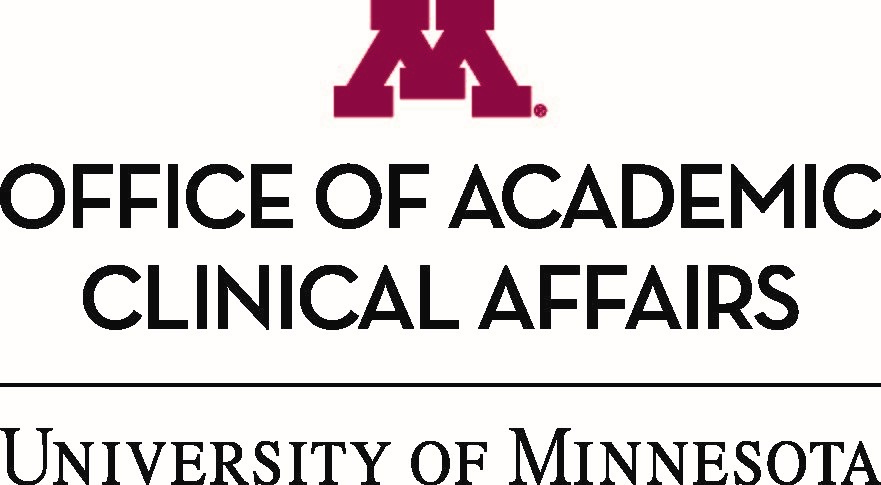Wisconsin confirms 105 CWD cases in captive deer in just over 1 year
Wisconsin officials have confirmed 405 cases of chronic wasting disease (CWD) on state deer farms and hunting ranches since 2002, with 105 of those occurring since November 2018, Wisconsin Public Radio reported yesterday.
CWD is a deadly prion disease that affects deer, elk, and other cervids but has not yet been detected in people.
CWD cases in captive Wisconsin deer have steadily increased since a 2013 policy change by Wisconsin's Department of Agriculture, Trade and Consumer Protection (DATCP) allowed deer farms that had infections to remain active rather than depopulate their animals. Among Wisconsin's 338 registered hunting ranches and deer farms, 7 hunting ranches and 3 deer farms are currently operating despite previous detections of CWD, the story says.
DATCP State Veterinarian Darlene Konkle, DVM, said the agency is concerned and tracks CWD-positive results in captive deer. But she said many positive tests are from ranches purposely reducing deer herds via increased hunting.
"In a couple of those cases, especially where you're seeing large numbers of positives over the past year, those are active efforts on the part of those farms to depopulate part of their populations," said Konkle. "They're also testing at 100 percent."
But George Meyer, executive director of the Wisconsin Wildlife Federation, said the number of CWD infections among captive deer in the state is alarming and current regulations aren't working.
He said, "We have a handful of shooting-range facilities in the state which, in fact, still maintain large populations of CWD-infected deer, and we also know that every year there's between 20 and 30 incidents of escapes from individual deer farms in the state." At least 181 deer escaped from farms and ranches from 2013 to 2018 because of storm damage or gates being left open, the DATCP says.
Jan 8 Wisconsin Public Radio report
Minnesota deer farmer set to defy CWD-related deer transit ban
A prominent Minnesota deer farmer said he plans to keep his commitment to show three massive white-tail bucks at the Minnesota Sportsmen's Show, despite a current ban against any movement of deer across the state. The show is set for Jan 11.
The temporary ban was enacted on Dec 23 to limit the spread of CWD to unaffected deer populations. CWD has been detected in several Minnesota counties, and 75 wild deer in the state have tested positive for the disease since 2016. A detection in Douglas County, which previously had no detections, prompted the ban, which is expected to last through January.
According to the Minneapolis Star Tribune, the deer farmer, Steve Porter, a former sheriff, said he must break the ban in order to keep his commitment to the Sportsmen's Show and maintain his business. Breaking the ban will be considered a misdemeanor and comes with a fine of $1,000 and up to 90 days in jail.
Col. Rodmen Smith, enforcement division chief at the Minnesota Department of Natural Resources said Porter has been warned about the ban. Porter said he intends to challenge the ban in court.
Jan 8 Star Tribune story
Many caregivers of children with autism suspect vaccines, study finds
Data on more than 16,000 US children with autism spectrum disorder (ASD) reveal that 16.5% of their caregivers (one in six) wrongly believe vaccines could be a cause of the children's autism, according to a study yesterday in Vaccine.
US researchers analyzed data on 16,525 children with ASD from SPARK, a national research cohort started in 2016. About 80% of the children are boys, with a mean age of 8.1 years among the entire group.
Information on beliefs of the children's caregivers revealed that 16.5% believed childhood immunizations could be a cause of autism—a notion that has been roundly debunked. They researchers also report that caregivers with less education and lower income, as well as ethnic minorities, were more inclined to believe vaccines could be a contributing factor.
The authors conclude that such caregivers could benefit from targeted educational efforts.
Jan 8 Vaccine abstract













